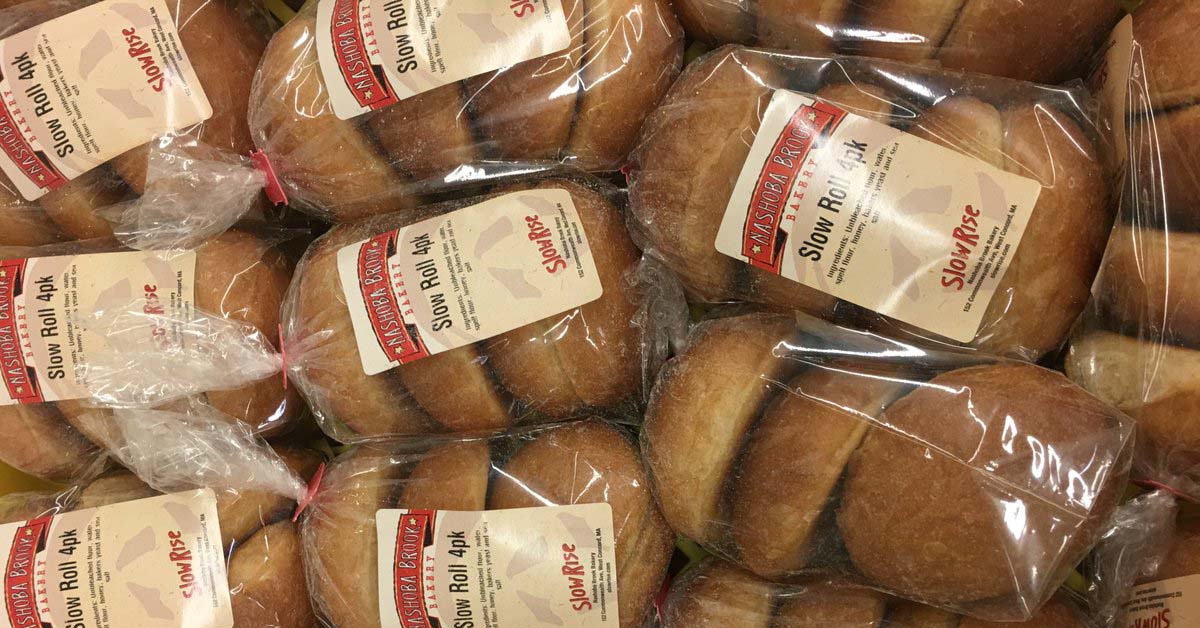The media is having a field day with the news that the Food and Drug Administration (FDA) has taken a manufacturer of granola to task for including “Love” as an ingredient on their labels.
Nashoba Brook Bakery owner John Gates is basking in his 15 minutes of fame, portrayed by the news outlets as an aggrieved business owner harassed by the federal government when all he wants to do is spread love to his customers through his granola.
As an example of how the media is handling this story, here’s a clip from a newscast by WTNH TV, a Connecticut station:
But dig a little deeper into the story and you’ll find that it would be more appropriate for Nashoba to list “Negligence” as an ingredient.
Putting aside the fact that label requirements under FDA rules are confusing and ambiguous to begin with – with no single way of reporting allergens and no requirement to add “may contain” statements when warranted – the company has a history of flaunting Current Good Manufacturing Practices putting consumers at risk.
The FDA’s letter lists many violations, including:
- Remnants of dairy allergen observed on stainless steel mixing bowls that were deemed “cleaned, sanitized and ready for use” in manufacturing non-dairy Sourdough dough (Article 1a);
- Empty color-coded barrels designated for use with different allergens including tree nuts and cheese, with apparent dough residue inside and out, and stacked inside one another. These barrels were confirmed as clean and ready for use by the mixing operator, and were observed in use during operations (Article 1b);
- Bread loaf molds, wooden peels, canvas conveyor mats, rolling metal wire cooling racks, and ovens are not cleaned or sanitized prior to production or during change-over in between different allergen products (Article 1c);
- Plastic barrels, barrel lids, totes and tote lids used to hold and transport raw dough with apparent dough residue buildup. One barrel had an approximate 1″ dough clump from a different days production still stuck in a crack. These barrels had previously been pressure washed and were considered ready for use (Article 2a);
- One approximately 1″ long crawling insect underneath exposed ready-to-eat foods in the pastry area, including focaccia breads, 7-Grain rolls, and brioche rolls (Article 5b).
Many others deal with misleading claims and labeling violations.
There’s plenty not to “Love” about this story. Rather than be celebrated, Gates and Nashoba should be vilified for their negligent practices that put the food allergy community and the larger consumer community at risk.
The media bears responsibility for this, choosing to focus on the “Nanny State” narrative rather than the egregious violations contained in the FDA’s letter.
Last but not least, the FDA must make reporting of shared lines/facilities on the label mandatory. While Current Good Manufacturing Practices dictate adequate cleaning and sanitization of manufacturing equipment, it is evident that such practices are not always followed or sometimes fail. Allergic consumers have a right to know how food products are manufactured in addition to the ingredients intentionally added.





